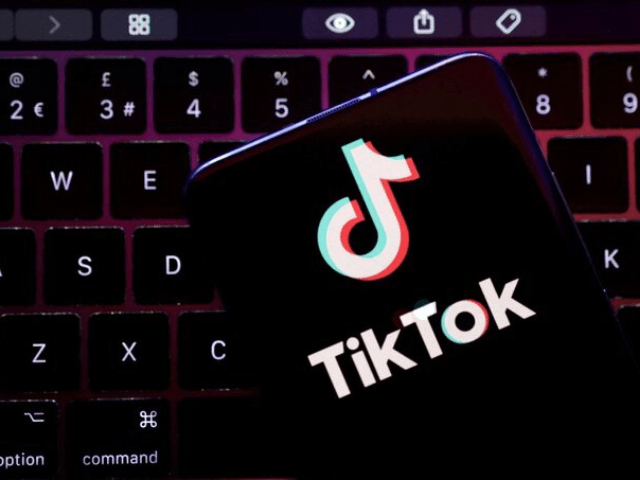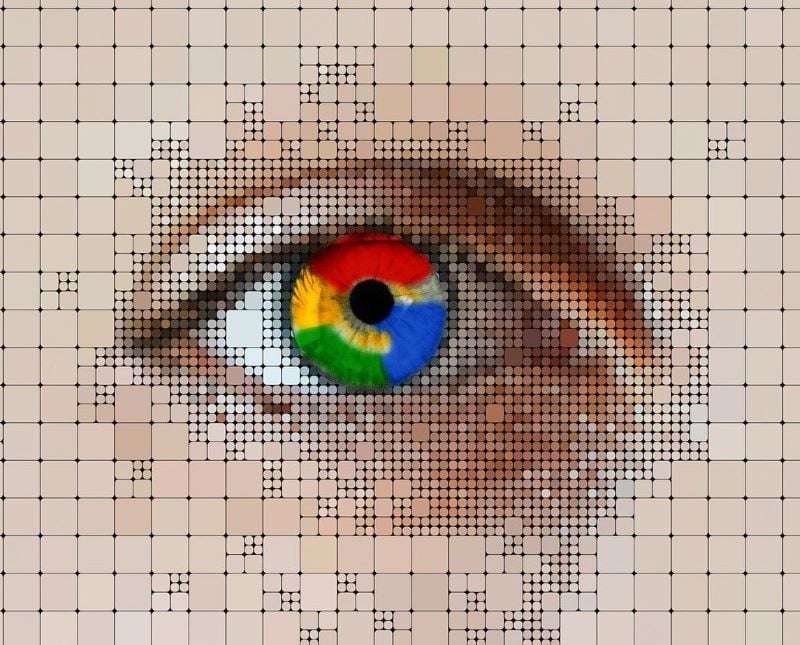Albania’s government has taken a dramatic step in response to the tragic death of a 14-year-old student, announcing a year-long ban on the popular social media platform TikTok. This decision comes in the wake of an incident that has sparked national outrage and raised alarms over the increasing influence of social media, especially TikTok, on youth behavior.
The Tragic Incident: A Wake-up Call for Albania
On a fateful day in November, a 14-year-old Albanian boy lost his life after being stabbed by a classmate in a violent confrontation. The argument that led to this deadly altercation was reportedly sparked by a dispute on social media, specifically TikTok. The horrifying event has sent shockwaves throughout the country and prompted intense debate over the role of digital platforms in the lives of young people.
The stabbing incident has highlighted the growing concern that social media, particularly TikTok, is not only a breeding ground for harmful trends but also a platform that amplifies aggression and violence among teenagers. The Albanian government, led by Prime Minister Edi Rama, has taken a firm stance against the app, attributing its rise in popularity among minors to an increase in violent and inappropriate behavior.
Prime Minister Edi Rama’s Statement: TikTok and Violence Among Youth
Following the tragic death, Prime Minister Edi Rama addressed the media, announcing the government’s decision to impose a complete one-year ban on TikTok in Albania. Rama emphasized that the platform had become a major issue in the ongoing struggle to protect children from the harmful effects of social media.
“The problem today is not our children. The problem today is us. The problem today is our society. The problem today is TikTok and all the others that are taking our children hostage,” Rama said during his address. He expressed the government’s intent to address the violence linked to the app and its negative impact on minors.
This ban will come into effect in early 2025, and it marks a decisive move by the Albanian government to curb the influence of platforms that might fuel violent behavior. The government’s decision follows several high-profile cases of school violence linked to online disputes and videos shared on TikTok.
The Role of TikTok in the Incident and Rising Concerns
TikTok has garnered widespread attention for its appeal among young audiences. The app’s short-form video format has made it a go-to platform for children and teenagers looking to share content, trends, and challenges. However, this ease of access has led to growing concerns over cyberbullying, inappropriate content, and, as seen in this case, violent behavior stemming from online interactions.
After the stabbing incident, it was revealed that videos had emerged on TikTok, where minors were seen expressing support for the killing. This disturbing trend of glorifying violence in the form of viral videos is one of the primary reasons cited by the Albanian government for its decision to act against the platform.
In a bid to mitigate these effects, Albanian authorities engaged with over 1,300 teachers and parents in the aftermath of the tragedy, discussing the need for stronger controls on online content and safer social media practices for children. These meetings aimed to address the broader implications of social media use, with particular focus on ensuring the mental well-being of minors.
Government’s Response: Shutting Down TikTok for One Year
Albania’s decision to ban TikTok for one year is part of a broader effort to protect children from harmful online content. This move was presented as a necessary action to preserve the safety and mental health of Albanian youth in an increasingly digital world.
The government plans to assess the impact of the ban after one year, particularly in light of responses from TikTok and other international stakeholders. If the company takes appropriate steps to address the concerns raised by the Albanian government, there may be an opportunity for the ban to be lifted. However, the government has made it clear that the health and safety of its citizens, particularly its children, will remain the top priority.
The Opposition’s Response: Criticism of the Ban
While the Albanian government has received support from many sectors, the decision to ban TikTok has not been without controversy. Political opposition, especially from the Democratic Party, has criticized the move, with some calling it a “dictatorial” action that undermines democratic freedoms. Lawmaker Ina Zhupa from the Democratic Party condemned the ban, labeling it as an attack on freedom of speech and an electoral tool to suppress opposition voices.
Zhupa argued that the ban on TikTok could have serious implications for free expression and could set a dangerous precedent for further censorship. She also suggested that the government’s decision was politically motivated, aimed at manipulating the political landscape ahead of upcoming elections.
Despite the backlash, the Albanian government maintains that the decision was made with the best interests of the country’s youth in mind. The debate continues to simmer, with proponents of the ban arguing that the harms caused by TikTok far outweigh its benefits, while opponents warn of the dangers of suppressing digital platforms altogether.
The Global Debate: Social Media Regulation
Albania’s TikTok ban is part of a growing global movement to regulate social media platforms, particularly concerning the use of these platforms by minors. Several countries, particularly in Europe, have introduced restrictions or implemented measures to protect children from harmful content online.
For instance, France, Germany, and Belgium have all imposed regulations to limit the exposure of young people to dangerous content, while Australia recently introduced one of the strictest social media laws globally, banning social media use for children under the age of 16. These efforts reflect the increasing awareness of the impact social media can have on children’s development, as well as concerns about privacy, cyberbullying, and online safety.
TikTok, which boasts more than a billion active users globally, has faced growing scrutiny from governments around the world. In the United States, the app has been accused of espionage and data privacy concerns, while the European Union is investigating the platform for its potential role in influencing elections.
TikTok’s Response and Future in Albania
As of the time of writing, TikTok has yet to comment on the Albanian government’s decision to impose a ban. The company, which has long faced criticisms over its data privacy practices, has not yet clarified whether it intends to challenge the ban in court or offer any measures to address Albania’s concerns.
However, the future of TikTok in Albania may be determined by the company’s willingness to engage with the government and take proactive steps to address the issues related to violence and inappropriate content. TikTok has made efforts in the past to bolster its safety features, such as introducing content filters and promoting digital literacy programs for young users. It remains to be seen if these initiatives will be enough to convince the Albanian government to lift the ban.
Social Media and the Responsibility of Governments
The TikTok ban in Albania raises important questions about the responsibility of both governments and tech companies in safeguarding the well-being of children. While social media platforms like TikTok offer opportunities for creativity, entertainment, and connection, they also carry significant risks. The question remains whether social media companies can effectively address these risks or whether governments will need to take stronger actions to protect young users.
FAQs:
1. Why has Albania decided to ban TikTok? Albania has decided to ban TikTok for one year following the tragic death of a 14-year-old boy who was fatally stabbed after a dispute fueled by social media. The government has blamed TikTok for exacerbating violence among youth.
2. How long will the TikTok ban last in Albania? The TikTok ban in Albania will last for one year, starting in early 2025.
3. How has the opposition reacted to the ban? The opposition, particularly the Democratic Party, has criticized the ban, calling it an attack on democratic freedoms and an abuse of power.
4. What other countries have implemented similar measures? Countries like France, Germany, Belgium, and Australia have introduced measures to regulate social media platforms, particularly for minors.
5. How has TikTok responded to the Albanian ban? At the time of writing, TikTok has not responded to the Albanian government’s decision, and it remains to be seen how the company will address the concerns raised.
ALSO READ
https://flarenews.pk/2024/12/22/rain-disrupts-play-in-third-odi-against-south-africa/



